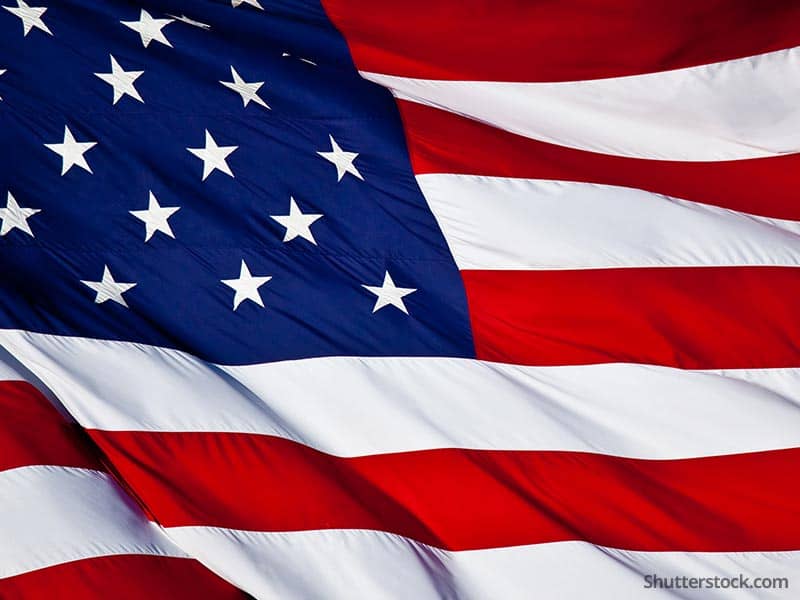JERUSALEM, Oct. 6 (AP)--Israeli troops shot and killed nine Palestinian rioters in intense gunbattles in the West Bank and Gaza Strip on Friday, and Israeli police stormed a bitterly contested Jerusalem holy site, dispersing young Palestinians and tearing down Palestinian flags.
The site, known to Muslims as Haram al-Sarif, or the Al-Aqsa mosque compound, and to Jews as the Temple Mount, has been the epicenter of the Israeli-Palestinian conflict, and Palestinian flags raised there were seen as a direct challenge to Israel's sovereignty. After a day of tension, police rushed in Friday evening, police spokesman Shmuel Ben-Ruby said.
Police said they were pursuing hundreds of Palestinians, but it was not clear whether stones were being thrown from the compound at the time. Police and protesters had clashed for much of the afternoon outside the compound.
The fighting was the latest in nine days of violence that has left 77 people dead and about 1,900 injured, most of them Palestinians. Aside from the nine slain Friday, a tenth Palestinian died of wounds suffered earlier.
Meanwhile, Israeli troops sealed the West Bank and Gaza, barring Palestinians from Israel in an attempt to head off new fighting.
But as Palestinian demonstrations mounted, Israeli forces battled thousands of rock-throwers and smaller bands of gunmen in the West Bank and Gaza Strip in what the Palestinians billed as their ``day of rage.''
Israeli troops and Palestinian gunmen exchanged fire in at least a half-dozen flashpoints in the West Bank and Gaza where tens of thousands of protesters marched on Israeli military positions, the army said. Four Palestinians were killed at Netzarim Junction in Gaza, four more in the West Bank and one in east Jerusalem. Dozens also were injured, the Palestinians said. The tenth Palestinian to die Friday had suffered injuries at Netzarim.
At the biggest demonstration in the West Bank town of Nablus, some 10,000 protesters marched toward a junction manned by Israeli soldiers. Mixed in with the chanting stonethrowers were gunmen armed with M-16 rifles.
``We asked all the gunmen to keep away from the demonstrators, but when the first boy was killed...they became angry and they didn't obey our orders,'' said Bassam Naim, a Palestinian leader in Nablus. The two demonstrators killed during the afternoon were being buried at nightfall.
At first, Israeli and Palestinian security forces appeared to be cooperating in trying to reduce friction around the Jerusalem shrine.
After Friday prayers, 8,000 worshippers poured out of the Al Aqsa mosque, some throwing stones, and Palestinian security agents forced them away from Israeli security forces just outside the compound.
For several hours, Israeli police and Palestinians protesters skirmished in the narrow streets of the Old City. The Israelis eventually pulled back and allowed Palestinian security to disperse the crowd, though not before a small police post had been torched. Twenty-four Israeli policemen were injured, the Israelis said.
The cooperation between the security forces at the emotionally charged site was unprecedented. Yair Yitzhaki, the Jerusalem police commander, said the battle in the Old City could have been much worse.
``The concept of being wise rather than being strong proved itself today. If we had gone onto Temple Mount, it would have ended in bloodshed,'' Yitzhaki said.
Palestinians, meanwhile, claimed a major symbolic victory in the ongoing quarrel over the Old City holy site.
``We have been ruling the mosque and its entrances, and we are trying to prevent the Israelis from entering the mosque another time,'' said Hatem Abdel Kader, a Palestinian legislator.
The decision by the Israeli police to keep away from sensitive areas in Jerusalem was immediately criticized by Israeli politicians, including allies of Prime Minister Ehud Barak.
``What were the people of the Palestinian Authority doing on the Temple Mount?'' said Dan Meridor, a senior Israeli legislator. ``It is not theirs. This is what the political struggle (with the Palestinians) is all about.''
However, by nightfall, Israeli police broke into the compound, tore down Palestinian flags and arrested a number of Palestinians.
Israeli-Palestinian peace talks have broken down because of a dispute over who will control the shrine. Muslims run the hilltop compound, the third holiest place in Islam, but Jews hold sovereignty and are allowed to visit the site, where two biblical Jewish Temples once stood. It is considered the holiest shrine of Judaism.
The latest round of violence began after right-wing Israeli politician Ariel Sharon visited the compound Sept. 28, to demonstrate that Israel is in control.
The Palestinian territories were closed before sunrise Friday and will remain sealed until sundown Monday, the end of Yom Kippur, a day of fasting and atonement and the holiest day on the Jewish calendar. Israel often closes the territories during major holidays, but it did so early this time in response to the latest violence.

